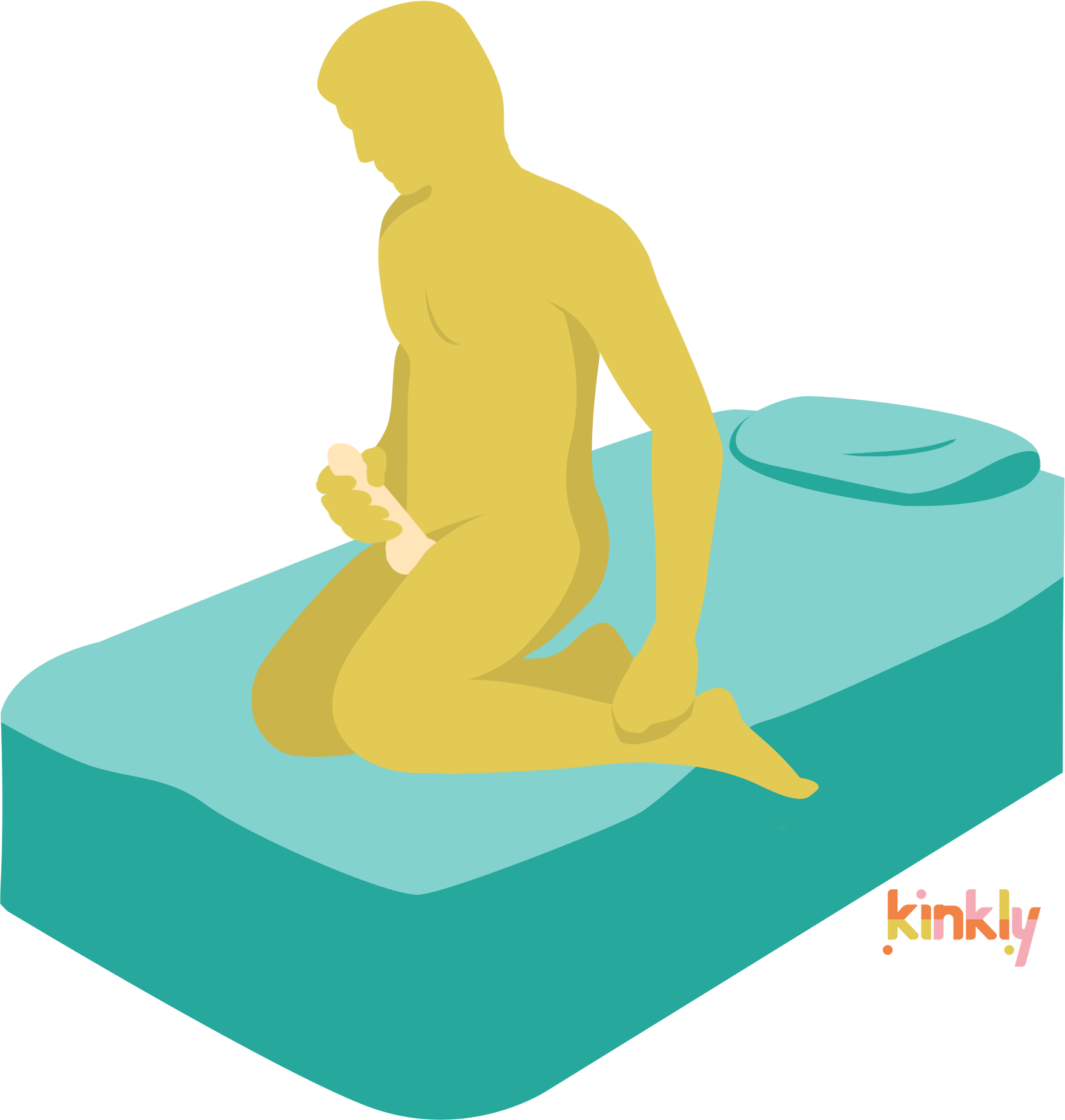HIV/AIDS education is the provision of information about HIV and AIDS, its causes, prevention, and protection strategies. It also discusses the health implications and treatment when infected. It should be given to both infected and uninfected individuals, especially those who belong to susceptible groups, such as the youth, homosexual men, and injecting drug users. Responsive HIV/AIDS education can help lessen the spread of the disease.
More About HIV/AIDS Education
There are three main goals of HIV/AIDS education. The first is to help prevent the spread of the disease. By letting people know about HIV and AIDS, how the virus is transmitted, and how one can protect themselves from infection, it empowers people to act cautiously and practice safer sex. The second goal is to help improve the quality of lives of people who are HIV-positive. Last, education can help reduce the stigma attached to the HIV/AIDS, and hopefully lessen discrimination against HIV-positive people and those belonging to susceptible groups.


















